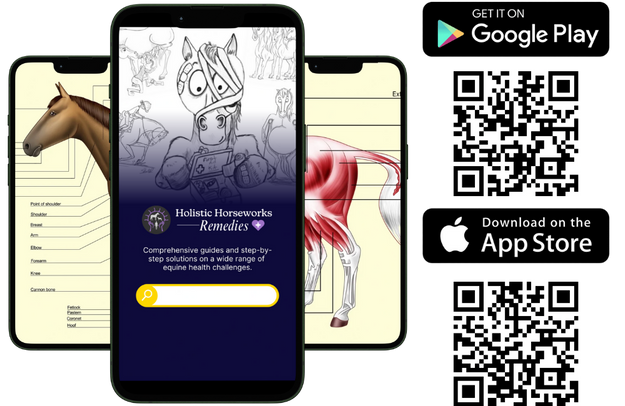Summer Travel Tips for Your Horse: Keep Them Happy, Healthy, & Hydrated
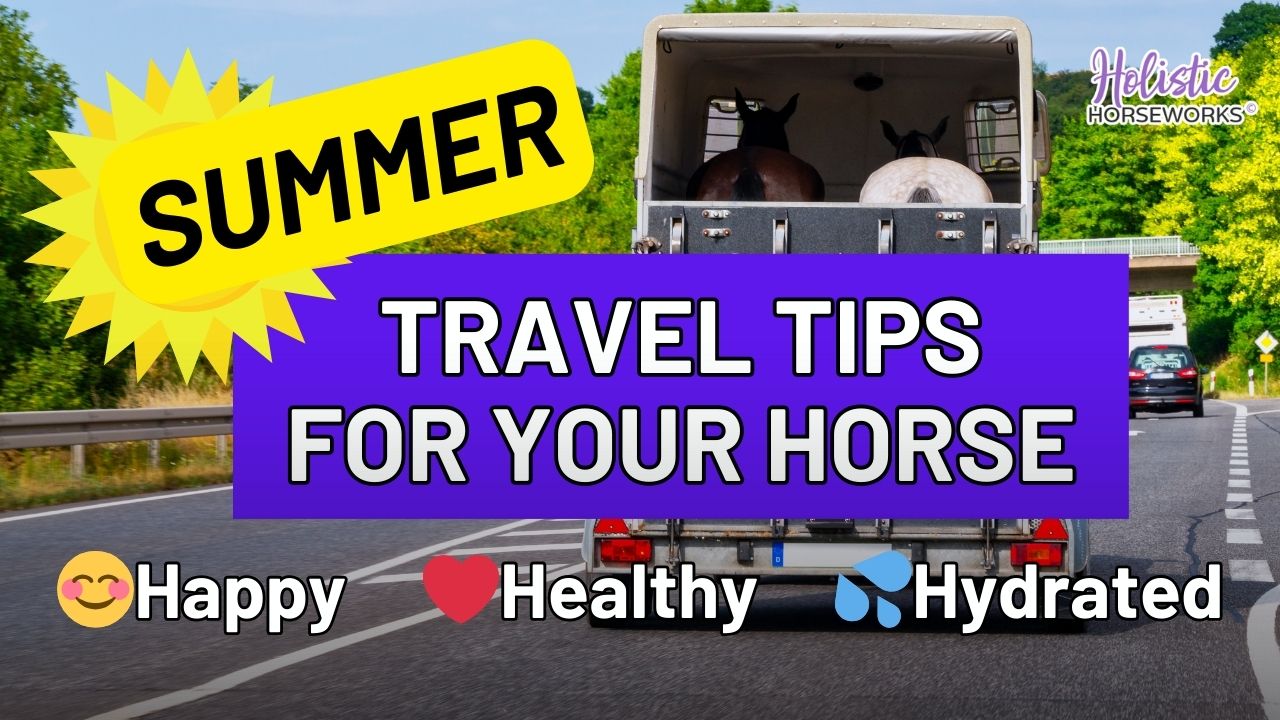
Share This Post:
Great weather has us getting outdoors and hauling to our favorite locations, whether it’s for showing, camping, competitive trail, endurance, or just for the day of fun! But for our horses, it often comes with a heavy load of emotional and physical stress. From the heat and unfamiliar surroundings to performance anxiety and exhaustion, it’s a lot to ask of even the most seasoned equine athletes.
Here are some key things to consider when prepping your horse for summer travel, and the strategies I’ve personally used to help mine stay healthy, limber, and ready to shine.
The Hidden Stresses of Travel
Even if your horse is a pro at trailering and showing, the body still keeps the score. Here are some common stressors to keep in mind:
- Unfamiliar water:
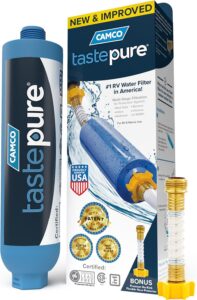 Water that smells or tastes different (due to different minerals or treatments) can cause horses to avoid drinking. A simple solution is to use a water filter or bring your own supply.
Water that smells or tastes different (due to different minerals or treatments) can cause horses to avoid drinking. A simple solution is to use a water filter or bring your own supply. -
Heat and traffic: Long hours in a trailer during summer heat can cause dehydration, stress, and fatigue.
-
Sleeping away from home: Just like us, horses don’t rest as deeply in unfamiliar places. A couple of nights of shallow rest can impact performance and recovery.
-
Anticipation and anxiety : New environments, crowds, and the energy of a show can create nervous tension that tightens muscles and depletes the immune system.
These layers of stress build up fast, and if we’re not supporting the horse’s system properly, it can result in tight muscles, shortened stride, gut issues, and even mysterious lameness later on.
My Go-To Travel Support Protocol
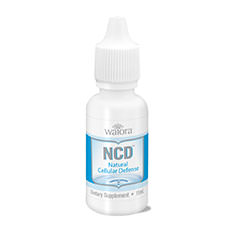 1. NCD (Natural Cellular Defense) for Passive Detox & Immune Support
1. NCD (Natural Cellular Defense) for Passive Detox & Immune Support
I always give my horses NCD leading up to and during events. It’s a liquid zeolite that helps pull toxins and lactic acid from the body. This is huge because:
-
Tight muscles = limited joint mobility. When a horse’s muscles are tense from stress or overexertion, joints can’t move freely, which affects stride, flexibility, and increases the chance of injury.
-
Lactic acid buildup from nervous energy and physical effort can cause stiffness and pain.
-
Improved recovery: My endurance horse, Tiki, had dramatically better post-ride recovery when using NCD. His heart rate dropped from a typical 122–134 bpm to just 106–114 bpm during a 50-mile ride. That meant better oxygenation, cooler muscles, and more efficient hydration.
➡️ Bonus: NCD may also help reduce viral load, supporting your horse’s immune system when they’re exposed to lots of other horses at public events.
How much do I give? I just squeeze the dropper directly into the mouth 2–3 times a day, probably 10–15 drops each time. On Amazon subscription, it’s around $24/month, a small price to keep your horse feeling and performing their best.
2. Avoid Deworming or Vaccinating Within 3 Weeks of a Show
This one’s important! I’ve seen it again and again, a horse “ties up” at an event (cramping of the hindquarters requiring vet attention), and when I ask, “Did you recently worm or vaccinate?” the answer is always yes.
Injecting chemical wormers or vaccines too close to an event can overload your horse’s system, disrupt gut health, and add more internal stress when their body is already working overtime.
3. Calm the Gut with Miracle Clay
Just like us, horses can get nervous tummies before travel and events — and that internal stress can lead to poor appetite, dehydration, and overall tension. One of my go-to remedies? Dynamite Miracle Clay.
I pre-mix a batch ahead of time and always keep it on hand during show season. I give 1–2 tablespoons of the mixed clay in my horse’s feed the night before and again the morning of hauling. It helps settle the gut, reduce internal stress, and keeps them eating and drinking well on the road.
4. Keep Flies away with Diatomaceous Earth
Don’t forget to pack a bag of diatomaceous earth when you hit the road! Sprinkling it over manure piles, stall bedding, paddocks, portable pens, and surrounding areas helps keep the fly population down, making life more comfortable for both your horse and you.
It’s a simple, non-toxic way to reduce stress, irritation, and the risk of fly-borne illness during events or layovers.
Fuel Performance with Nutritional Support
With increased workload comes increased nutritional demands, and when I was actively competing, these supplements were especially helpful for keeping my horses in top physical and emotional condition.
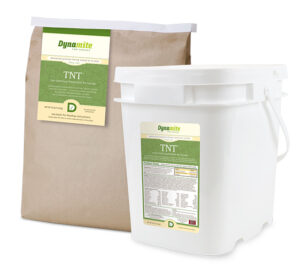 Dynamite TNT
Dynamite TNT
I highly recommend TNT from Dynamite. It’s an easy-to-feed, all-in-one formula that supports joint health, digestive balance, immune system resilience, and metabolic function.
Each dose delivers a powerful blend of Dynamite, Easy Balance, Izmine, Free & Easy, Excel, and HES making it ideal for performance horses, senior horses, and youngsters in training.
Dynaspark Liquid Electrolytes
This was my other not-so-secret weapon. Instead of the paste electrolytes (which can burn the esophagus and are often too concentrated), I use Dynaspark liquid electrolytes in small, frequent amounts:
-
Mixed into mash or sprinkled on pellets
-
A splash in the water bucket to encourage picky drinkers
-
Carried in a pop-top travel bottle for trail use, I’d squirt a bit into Tiki’s mouth at water stops
Most riders struggled to get paste electrolytes into their horses… Meanwhile, horses would try to eat my bottle once they smelled what I had!
Read my other blog post: Summer Heat and the Best Electrolytes for Horses →
Tricks for Trailering Your Horse
If your horse suddenly refuses to load — or arrives stressed — the problem may be with the trailer, not the horse. Here are quick fixes that make a big difference:
-
Balance the tires every year. Vibration from unbalanced tires feels like an earthquake to your horse.
-
Silence the noise by gluing a yoga mat or carpet to the tack wall. Constant banging from bridles = unnecessary stress.
-
Add familiar scent by tossing in a bit of used stall shavings. Horses recognize their own smell and feel safer.
-
Check the step height. If the step is too high and your horse’s shoulders or hips are tight, loading can physically hurt.
-
Let them ride how they want. Some horses feel more balanced riding backwards—don’t fight it if they turn around loose.
Travel Well, Perform Better: Set Your Horse Up for Success
Traveling and showing can take a serious toll on your horse — physically, mentally, and emotionally. But with a little extra care and intention, you can help your horse arrive calm, limber, and ready to perform.
From filtered water and gentle electrolytes to balanced tires and quiet trailers, every small adjustment makes a difference. When your horse feels safe and supported, they’re more likely to load with ease, recover faster, and enjoy the experience right alongside you.
Another powerful way to prep your horse for travel and show season?
Equine Musculoskeletal Unwinding.
This bodywork method helps release deep patterns of tension, improve joint mobility, and restore balance throughout the entire body — especially the shoulders, hips, and poll, which are key for smooth trailering and peak performance. It’s a game-changer for horses who tend to show up stiff, spooky, or sore.
👉 Learn how to do it yourself through our home study course or clinic offerings — your horse will thank you.
🍎 Ready to Start Helping Your Horse?
Start with April’s foundational training, Equine Musculoskeletal Unwinding, available to learn online with live 1:1 support.
This step-by-step course teaches you how to release deep patterns of imbalance and pain—so your horse can move, feel, and live better.
Includes video lessons, downloadable workbooks, and a personalized distance reading from April herself.
Rather learn in-person?
Check out our hands-on equine remedial therapy clinics, available all over the globe →
More Holistic Horse Care Education
Your Health Now: February 18th, 2026
In this episode of Your Health Now, April Love walks through a real case — her client Jane, who traveled to Indonesia and came
Unlocking the Secrets of Holistic Horse Care: Insights from the Equine Musculoskeletal Program
In the world of horse care, understanding the musculoskeletal system is vital for ensuring the health and performance of our equine companions. In a
6 Must-Know Hore Care Tips for Winter
In this comprehensive guide, we'll share five essential cold weather horse care tips straight from the experts at Holistic Horseworks.Whether you're dealing with freezing
Equine Vaccines: What’s In Them and How to Help Your Horse Naturally
Vaccines are often considered a cornerstone of equine health, but have you ever wondered exactly what’s in them, or how they might be affecting
Barn Life Tips for a Bug Free Summer
Every season, I hear from folks battling mosquitoes, flies, and ticks in the barn, garden, and pasture. Over the years, I’ve found a few
Horses Are Talking, Are You Listening?
Holistic equine expert April Love wants you to know: your horse is speaking. And once you learn how to listen, everything changes. In her
How a Distance Reading CHANGED Kimberly and Her Horse
In this interview, holistic healing expert April Love uncovers the deep, often invisible threads connecting horse and human wellness. Join Kimberly, host of The
Summer Travel Tips for Your Horse: Keep Them Happy, Healthy, & Hydrated
Traveling to summer shows and events can be exciting, but for our horses, it often comes with a heavy load of emotional and physical
Mud Fever Prevention and Remedies
Mud fever, also known as pastern dermatitis, scratches, grease heel, etc., is a common skin condition in horses caused by a combination of wet
Is It Really a Training Problem, or Is Your Horse in Pain?
If your horse bucks, resists the canter, or just feels off under saddle, the first thing many people assume is that it’s a training
Sign Up for Our Newsletter

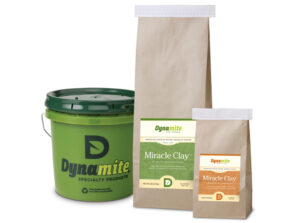
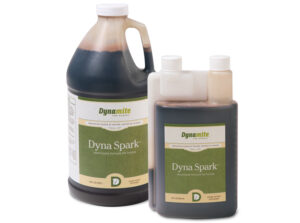
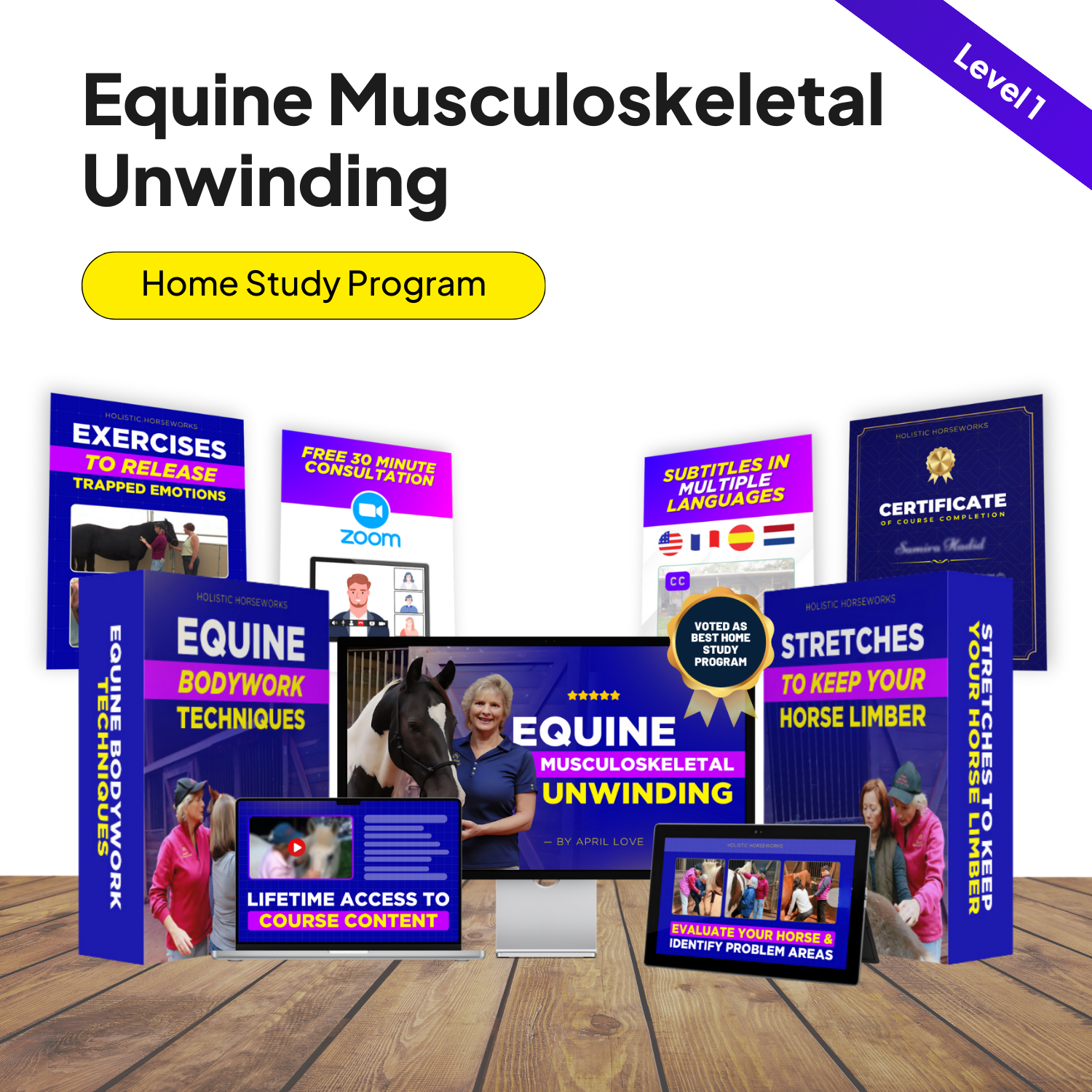
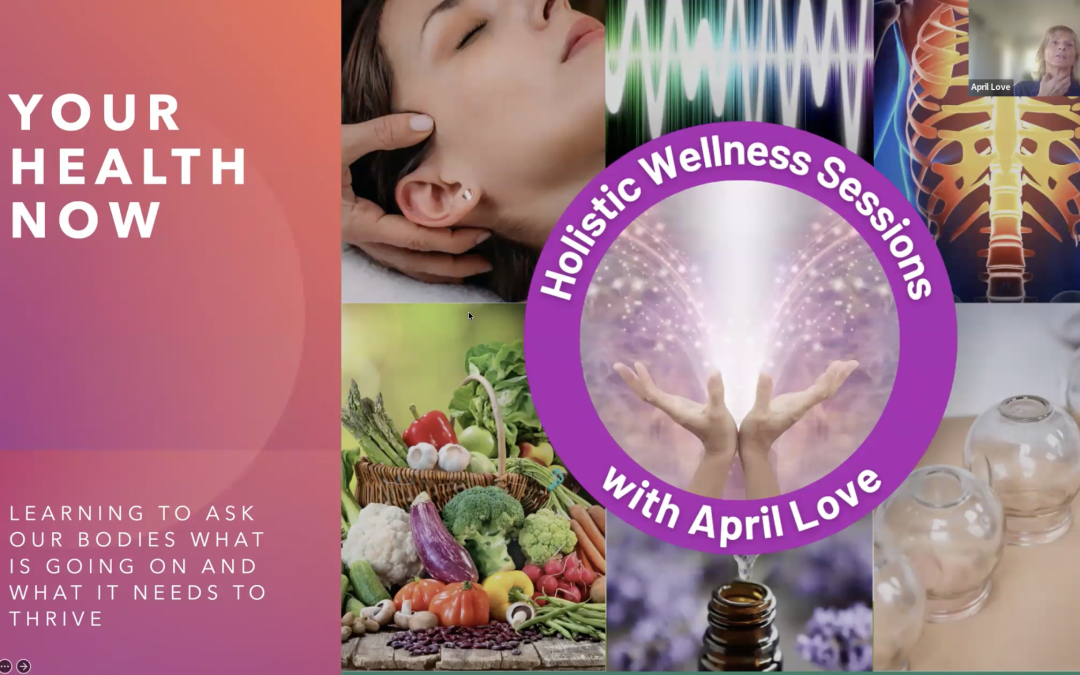

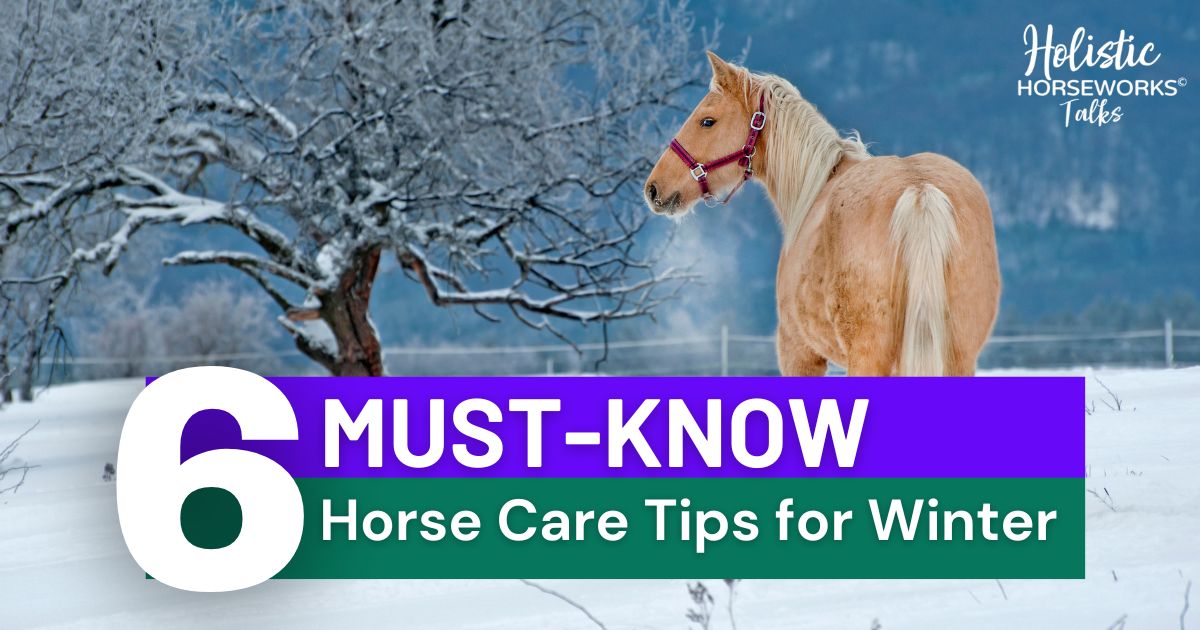
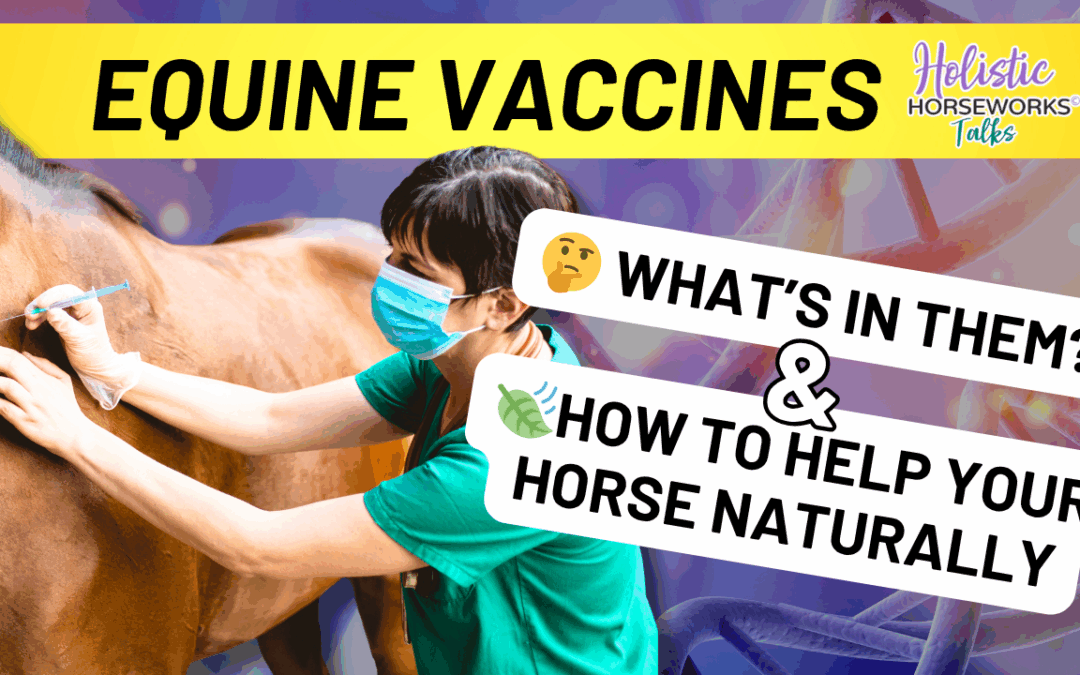

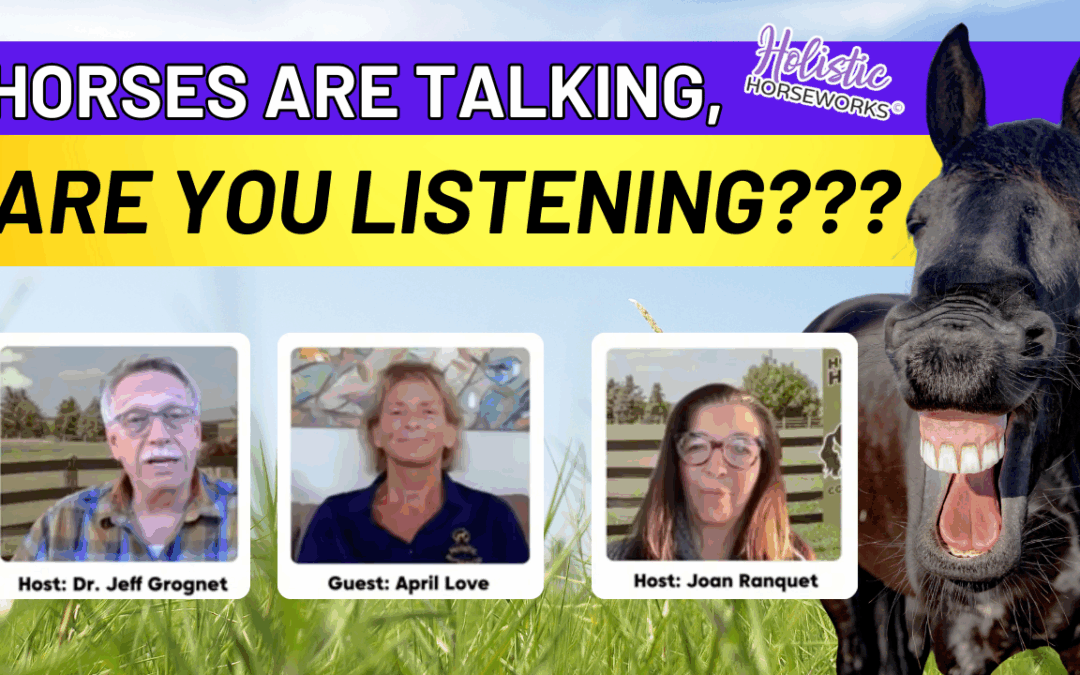

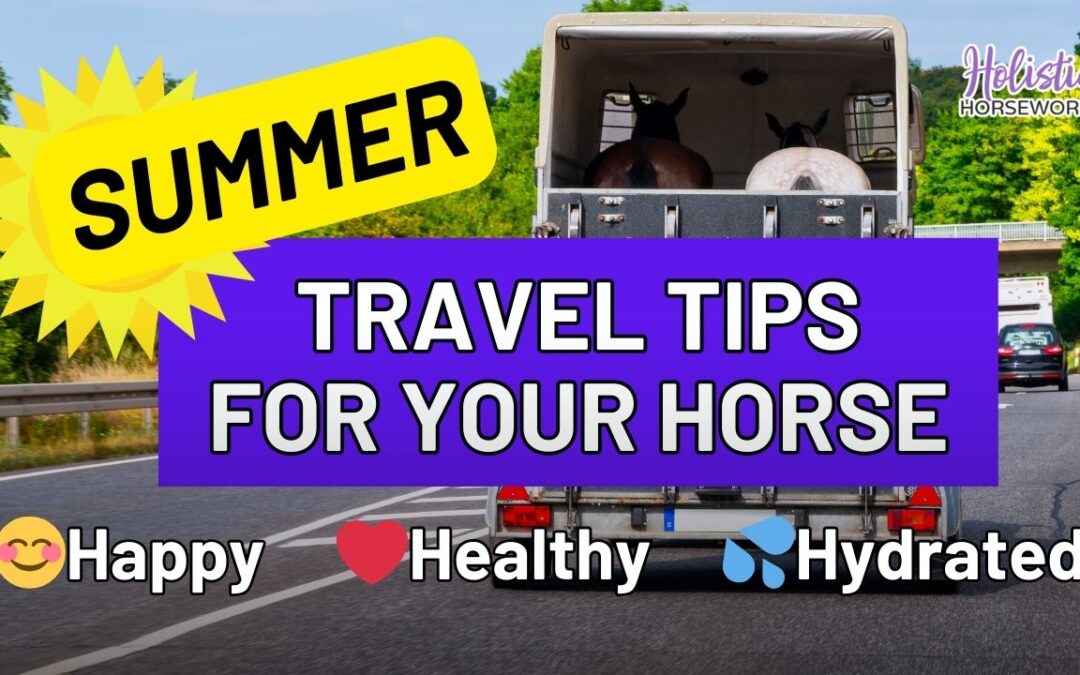
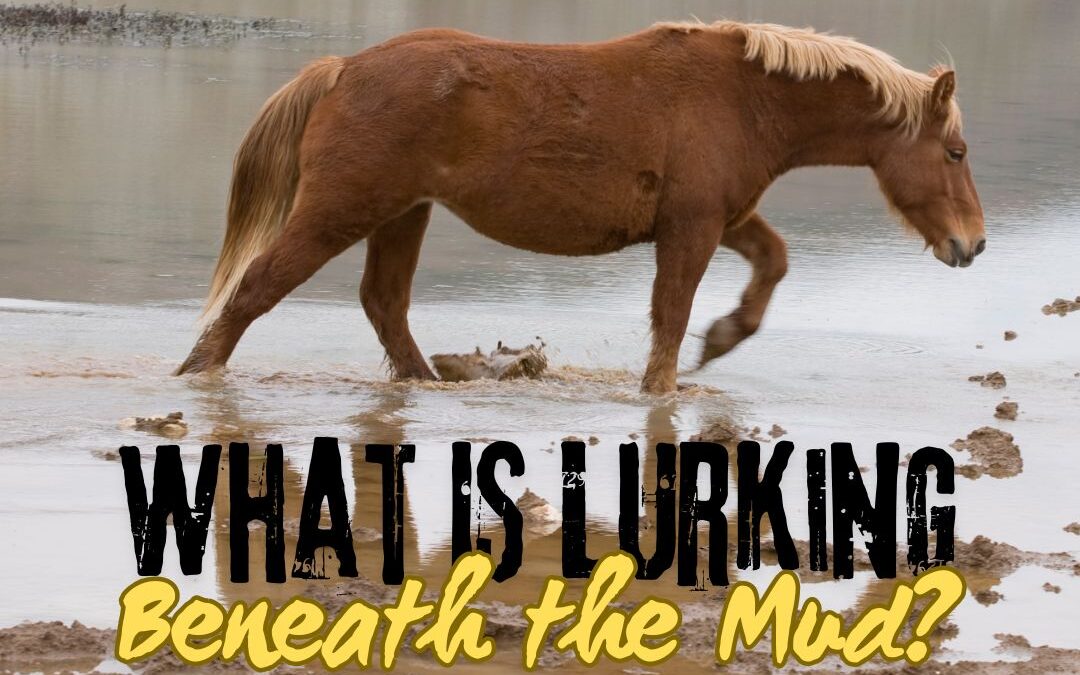
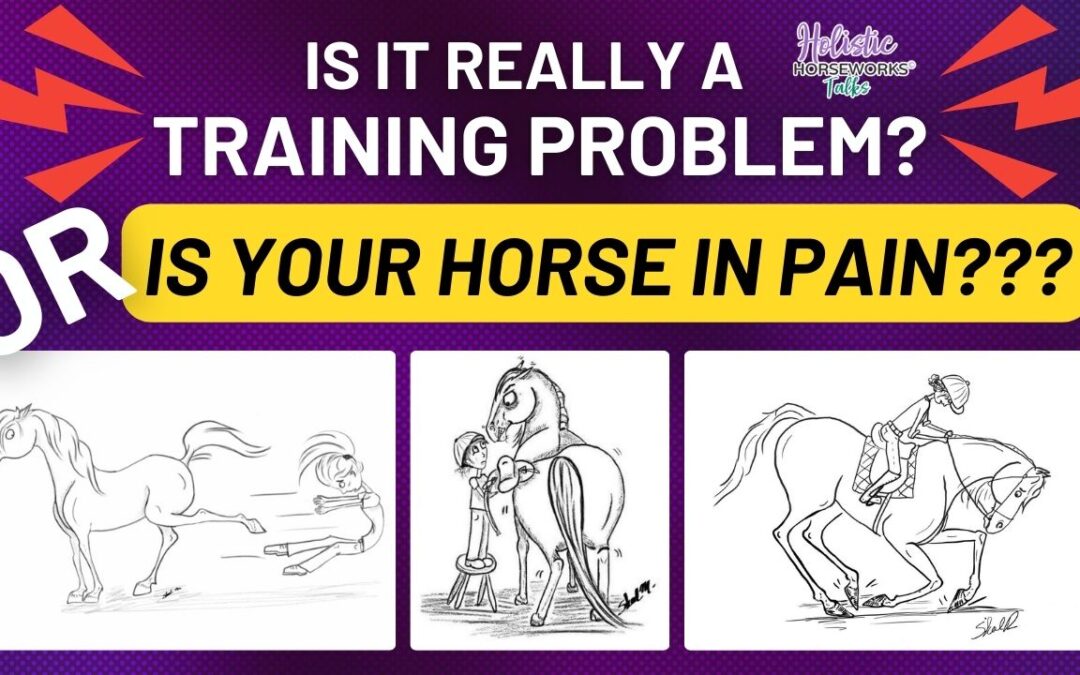
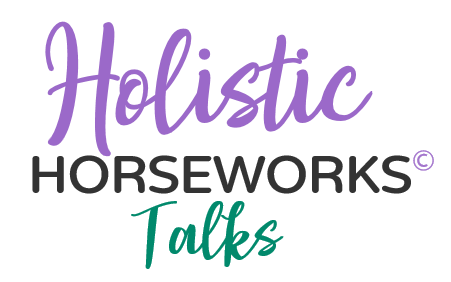
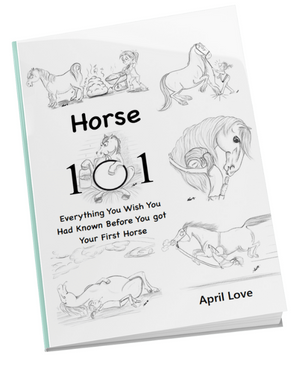
![Complete Level 1 & Level 2 Home Study + Private Training Package [NO DVD]](https://holistichorseworks.com/wp-content/uploads/2022/08/Level-1-and-Level-2-complete-home-study-and-training-package-400x400.jpg)
![Level 1 "Equine Musculoskeletal Unwinding" Home Study -Watch Instantly [NO DVD]](https://holistichorseworks.com/wp-content/uploads/2022/08/Level-1-Home-Study-400x400.jpg)
![Level 2 “CranioSacral Unwinding & Advanced Applied Kinesiology” Home Study - Watch Instantly [NO DVD]](https://holistichorseworks.com/wp-content/uploads/2022/08/Level-2-Home-Study-400x400.jpg)
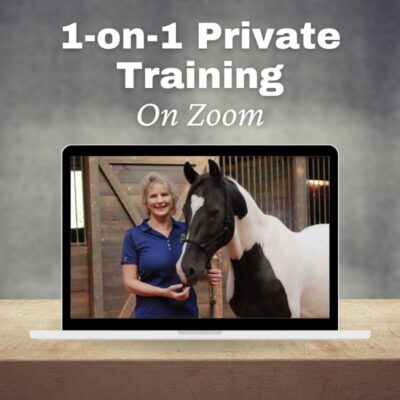
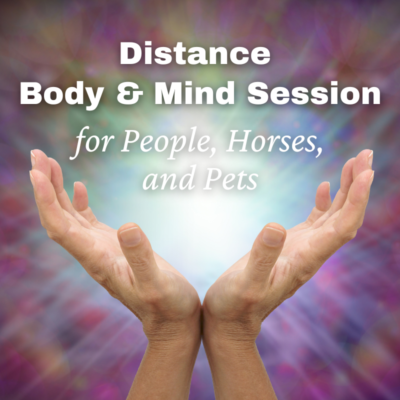
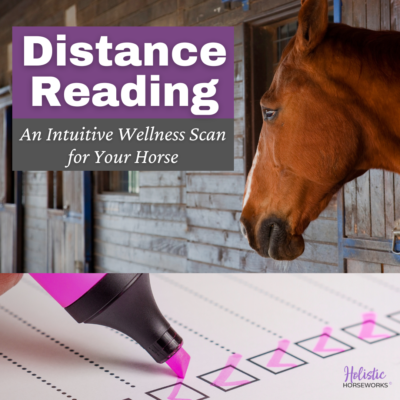
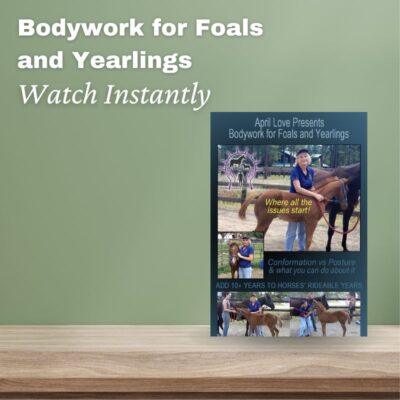
![Equine CranioSacral Energy Work -Watch Instantly [English and French]](https://holistichorseworks.com/wp-content/uploads/2022/09/equine-cranial-sacral-energy-work-watch-instantly-400x400.jpg)
